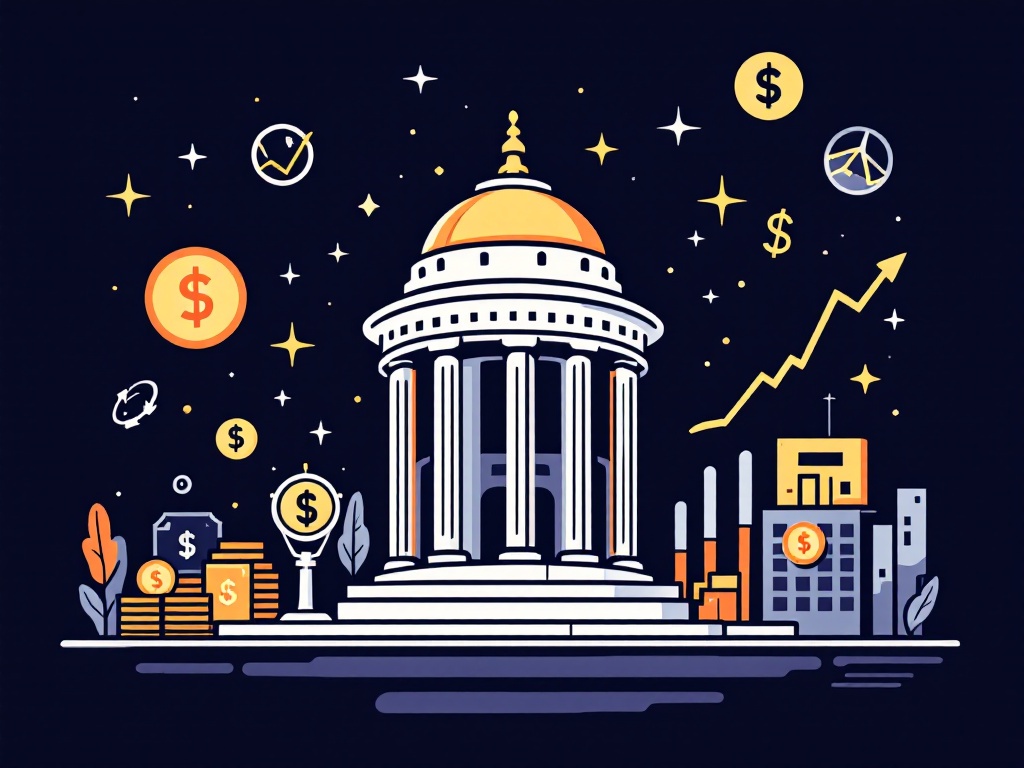Consumer Protections at Risk as Financial Bureau Shuts Down

Washington D.C., Monday, 28 April 2025.
The closure of the Consumer Financial Protection Bureau may dismantle key regulations on bank overdraft fees and medical debt, impacting millions of consumers and raising financial oversight concerns.
The Legislative and Political Context
The disruption in consumer financial oversight is a direct consequence of the Trump’s administration activities, as key changes to the Consumer Financial Protection Bureau (CFPB) began with its services being suspended in February 2025 following a directive from the U.S. Department of Justice Enforcement (DOGE) [1]. The Trump administration moved to terminate over 1,400 employees in April 2025, an attempt temporarily blocked by a federal judge, indicating significant restructuring within the agency [1]. These developments align with the Republican majority in Congress advancing plans to overturn existing CFPB regulations using the Congressional Review Act [1].
Regulatory Rollbacks and Their Implications
The CFPB’s recent closure on April 8, 2025, highlights a shift in supervision priorities that weakens regulatory oversight mechanisms previously protecting consumers from predatory financial practices [2][3]. This shutdown jeopardizes regulations that were specifically designed to manage issues such as overdraft fees and the impact of medical debts on credit scores, which have been targets of lobbying from industry groups pushing back on consumer protections [1][4].
Potential Economic Impact
The potential rollback of the December 2024 rule which aims to cap overdraft fees at $5 is particularly significant, as estimates indicated this policy would save consumers approximately $5 billion annually [1]. Coupled with this, the cessation of CFPB’s legal actions—such as those involving Wells Fargo—indicates a broader reduction in accountability for financial entities [5]. This could embolden institutions that may no longer fear regulatory repercussions, thus indirectly shifting financial risks back to consumers [4].
State-Level Responses and Future Prospects
While federal oversight wanes, certain states are establishing their own protections against medical debt reporting and regulation of financial transactions, which could create a fragmented patchwork of laws and practices [1][3]. With scheduled discussions in Congress on May 5, 2025, the future of the CFPB and its regulatory framework remains uncertain, posing ongoing challenges both to consumers and policymakers who must navigate these evolving conditions [2].
Sources
- www.washingtonpost.com
- www.consumerfinanceandfintechblog.com
- www.crowdfundinsider.com
- papers.ssrn.com
- www.finextra.com